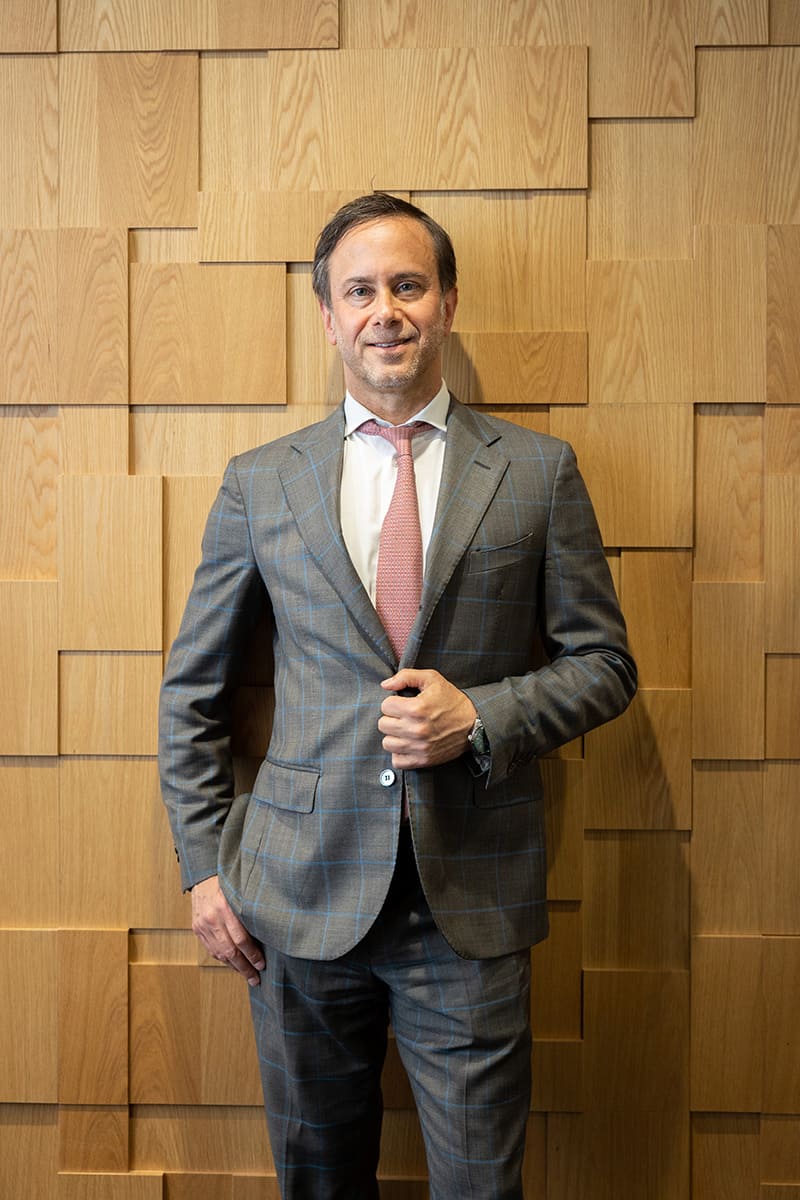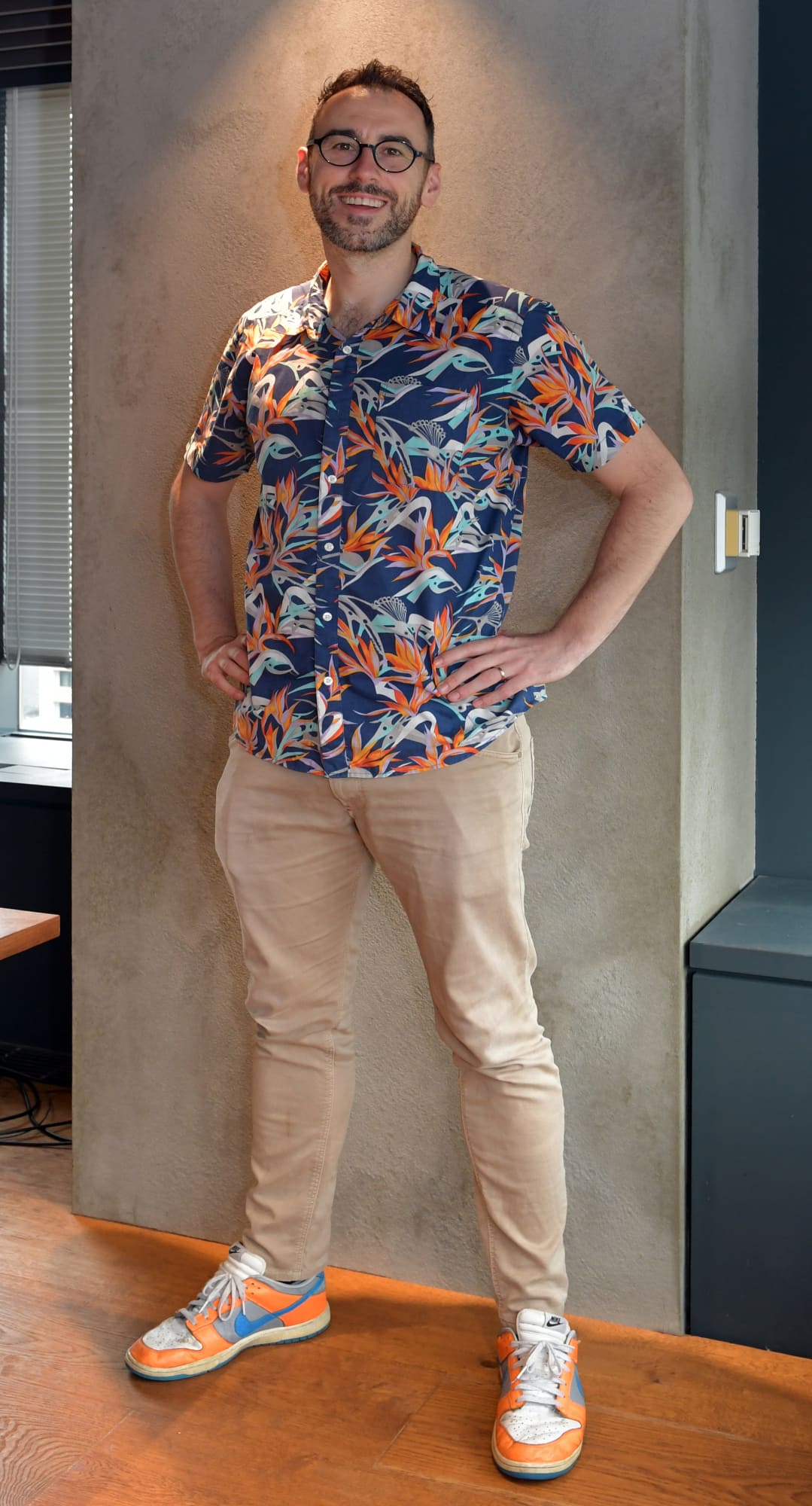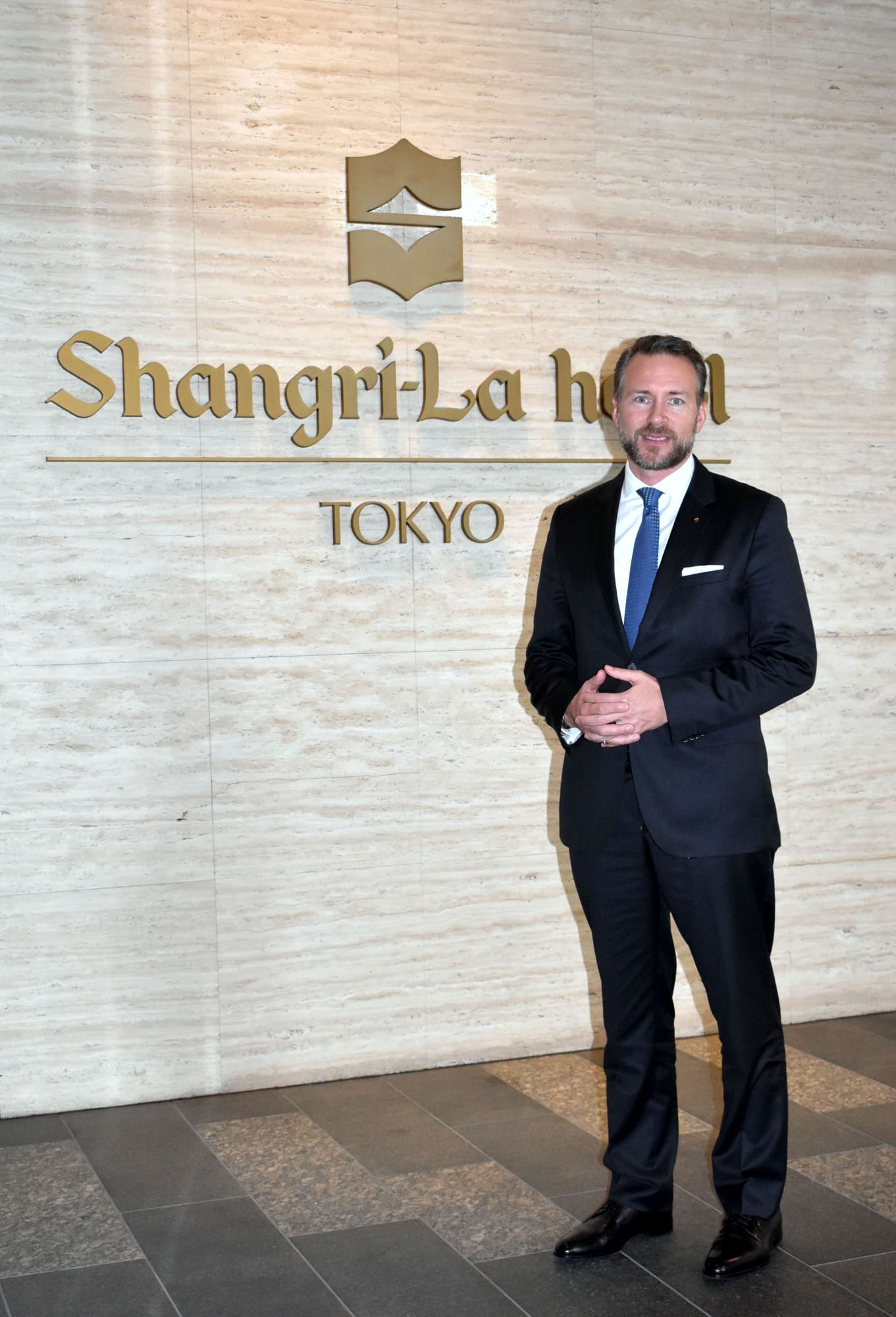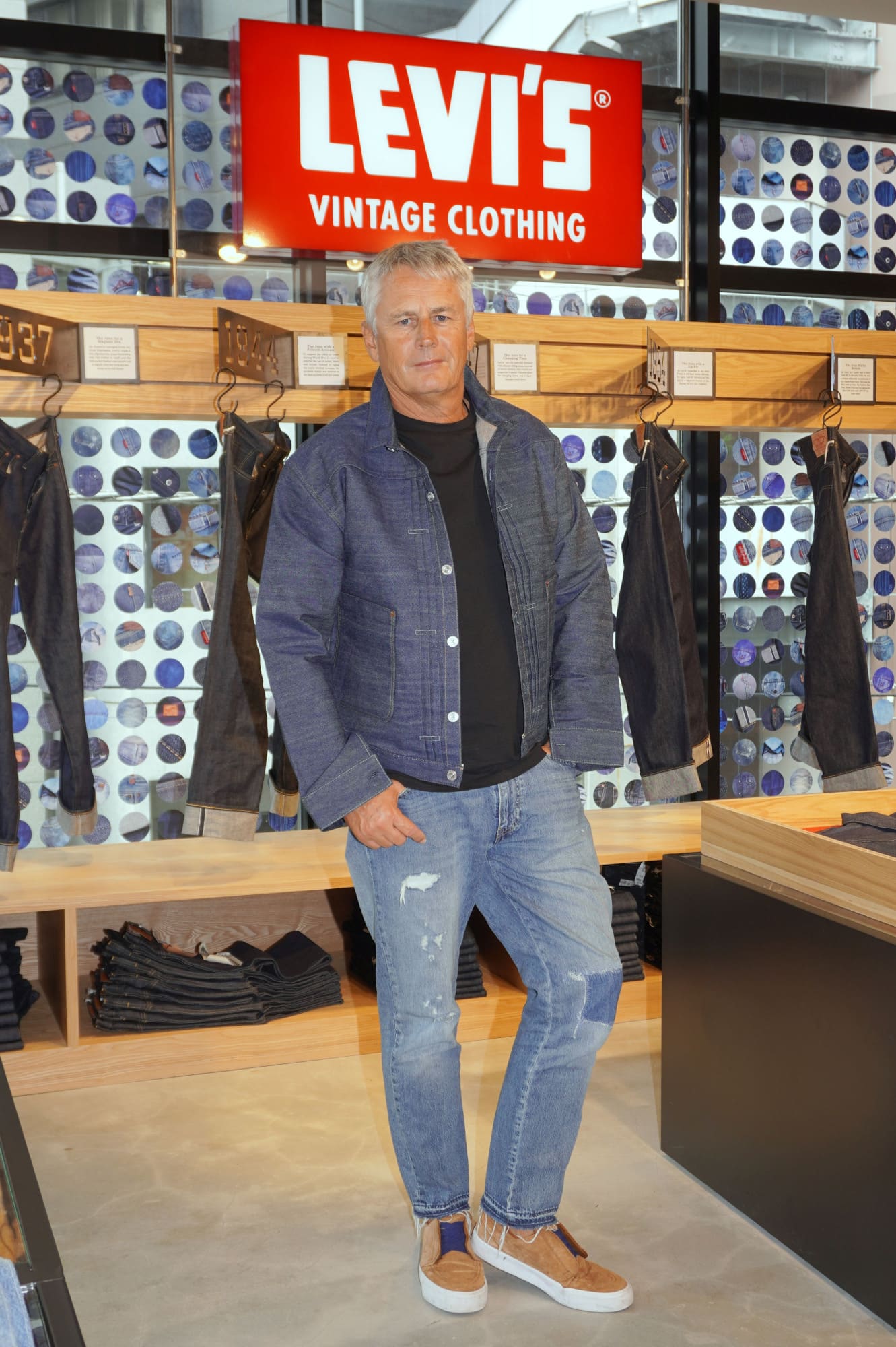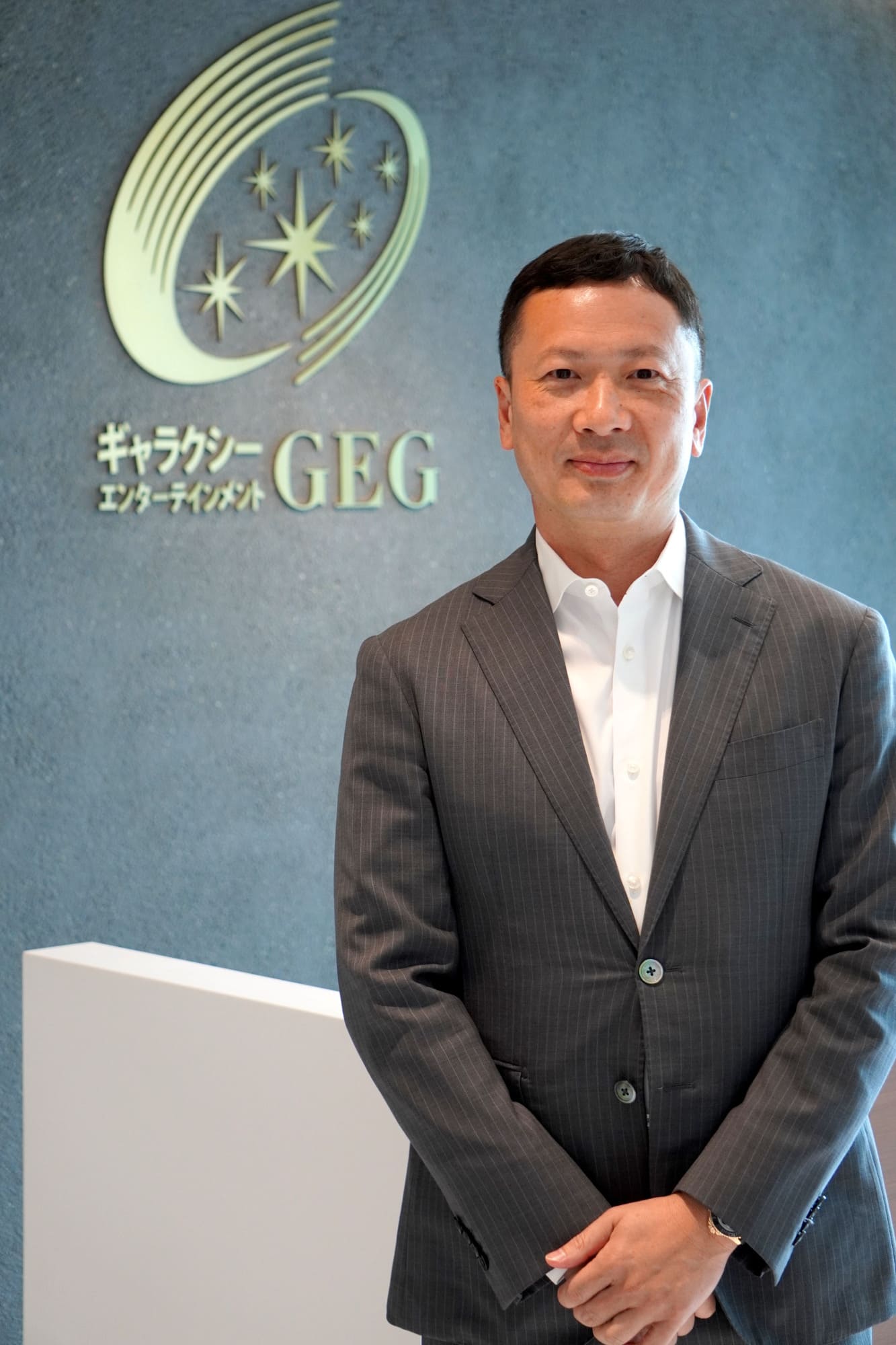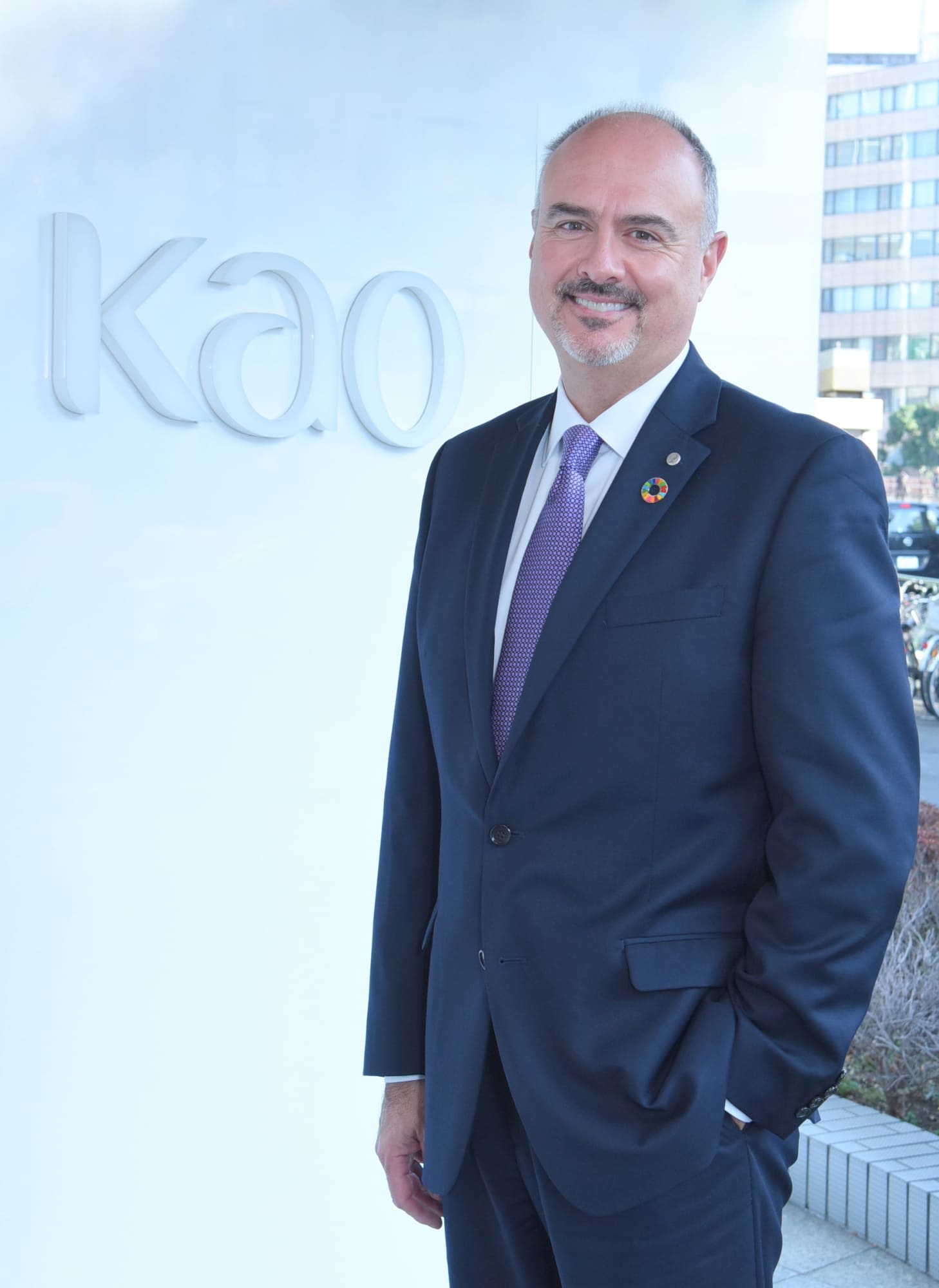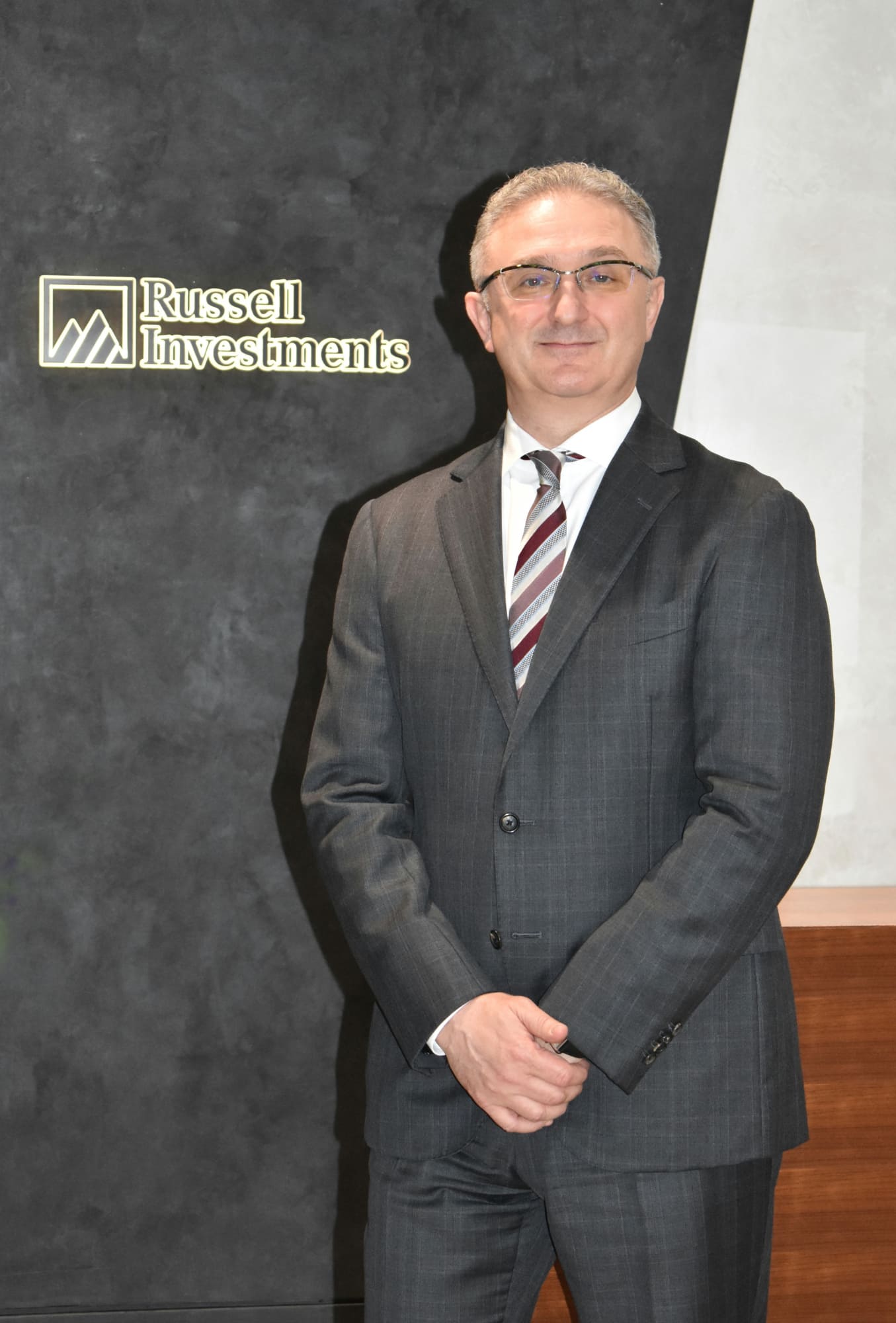
January 05, 2020
Asset management in an age of long life expectancy
Russell Investments CEO John Moore on retirees, financial diversification
BY ARI SHARP
CONTRIBUTING WRITER
- Name: John Moore
- Title: President & CEO, Russell Investments
- URL: https://russellinvestments.com/jp
- Hometown: Greenville, South Carolina
- Years in Japan: 18
Come matsuri festival time, when the temple elders in well-heeled Hamamatsucho are looking for help carrying the omikoshi portable shrine, they know who to turn to.
For the past five years, American John Moore has donned his green happi coat and joined the celebration in Tokyo. “I know quite a few of the local business owners well, including the local sushi restaurant owner. He is one of the key people that runs the matsuri. He invited me along, and since then I’ve been participating,” Moore said.
While not everyone wants to talk finance during a matsuri, Moore may have advice for the retired folk carrying the omikoshi. In their desire to reduce risk to their finances in retirement, many older Japanese have inadvertently created a new risk.
“We used to retire at 60 or 65 and have 10 years of retirement on average, so everyone would retire, put their money in cash, and they would have enough money,” Moore explained. “Now people are living 20 or 25 years after retirement, so wealth just sitting in cash is not going to be enough for most people.
“They still need to maintain some investment risk in their portfolio. Having zero risk is in itself a very risky situation because people are living longer and are going to outlive their investment.”
As CEO of the Japan arm of global asset management company Russell Investments, Moore sees this problem up close and is determined to do something about it. Through advising and investing on behalf of pension funds, the 51-year-old is keen to help older Japanese access investment opportunities that preserve their wealth, but give them exposure to assets that can deliver a return, including equities and bonds.
Along the way, unlocking the wealth of Japanese retirees can stimulate a sluggish economy. “Japan is one of the wealthiest countries in the world, but a lot of that money is tied up in cash or retirement holdings,” Moore said. “Unleashing some of that additional spending, whether it’s buying a second home or taking more vacations, will increase domestic spending.”
Moore’s time with Russell Investments goes back to the turn of the millennium. He has headed Russell’s Japan operations since 2015. Moore is now nine years into his second stint in Japan, after living in Osaka for most of the 1990s, during which time he met his wife and became proficient in Japanese.
His deep experience in Japan has given the South Carolina native insight into what it takes for a foreign national to thrive here. “The first part is just accepting the cultural differences,” he said. “You’ve gone to another country to experience that, but a lot of people are not easily accepting. They want things to change to be like home and it can be frustrating for those people.”
Founded in Washington state in 1936, Russell Investments now operates in 22 countries with $293 billion in assets under management and $2.4 trillion in assets under advice. Operating in Japan since 1986, it opted in 2010 to actively expand its business by adding an Implementation Services division to directly support Japanese clients.
Today, its Japan operation has $16.1 billion in assets under management. Russell performs advisory and investor functions on behalf of corporations, pension funds and high net worth individuals, helping them identify opportunities. It has an open architecture approach; its advisers are not limited to Russell products.
Moore’s investment philosophy comes down to diversification. He seeks not just diversification of asset type, but also of geography, currency and type of fund manager. This way a savvy investor avoids the volatility that might come with being heavily exposed to, say, property or equity markets. “We think it’s the best way to invest long term and to limit the amount of downside risk,” Moore said.
But a commitment to diversification does not shut Russell down from pursuing value opportunities when they arise, through a process it calls tilting.
The Russell approach appears to be working. According to company data, about 75 percent of its high-ranked money managers have outperformed benchmarks across five-year measures of performance.
Many of Russell’s more sophisticated products might be challenging for ordinary investors to comprehend. But after the Global Financial Crisis in 2008, Moore is adamant about the need for investors to understand where their money is going.
“We try to keep the communications as simple as we can so they are easily understood,” he said. “Keep asking questions until you understand the product and the risk involved. If you can’t explain it to your best friend or your wife, maybe you should have a second thought about investing in it.”
Moore is cautious in assessing the Japanese economy. He says low interest rates, subdued growth and a stronger yen are likely in the year ahead.
To Moore’s thinking, much depends on trade tensions between China and the United States. A heavily trade-exposed economy like Japan’s would be vulnerable in a tariff war, and a global downturn would obviously have an impact here.
When not at work, Moore is a keen sportsman. His time as a baseball pitcher was plagued by injuries in his college days, but now he is an enthusiastic golfer and skier. When getting out of Tokyo, he enjoys the sandy beaches of Shimoda on the Izu Peninsula.
But it may be carrying the omikoshi that gives him the greatest insight in the thinking of Japanese retirees, and ultimately the trillions of yen stashed away earning little return for their holder or the country.
Full-circle career sees return to Japan
Born in Greenville, South Carolina, John Moore gained a bachelor of arts from the city’s Furman University.
A Japan enthusiast, in 1992 he moved to Osaka, where he worked in marketing, product development and franchising in Asia.
After returning to the United States to earn an MBA from the University of South Carolina, Moore joined Russell Investments in 2000 to work at its global headquarters in Tacoma, Washington.
From 2005 he was based in Sydney, where he was Russell’s director of investment services, Australasia, and then in 2010 he moved to Tokyo as the company’s managing director of investment services, Asia-Pacific.
In March 2015 he took on his current role as President and CEO of Russell Investments Japan. He also serves on the Russell Investments Japan board and on Russell’s Global Leadership Forum.
Moore has been married for 20 years and is proficient in Japanese.

